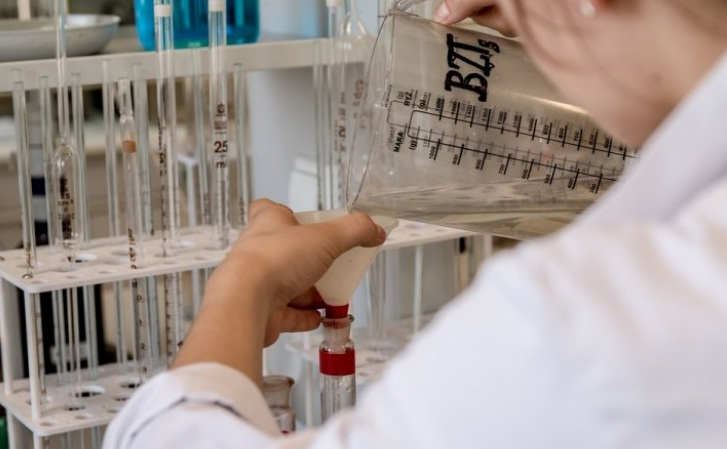
A new study published in the journal Nature Communications has revealed that climate change could negatively impact male fertility as researchers found that stress from heat waves drastically reduces the sperm number and viability in bugs.
Even though the study team comprised of experts at the University of Anglia used beetles to test their theory, researchers believe that these insects can be used as a proxy for people. Researchers also added that this new finding could explain why climate change is creating an impact on the decline of various species population all across the planet.
"We know that biodiversity is suffering under climate change, but the specific causes and sensitivities are hard to pin down. We've shown in this work that sperm function is an especially sensitive trait when the environment heats up, and in a model system representing a huge amount of global biodiversity. Since sperm function is essential for reproduction and population viability, these findings could provide one explanation for why biodiversity is suffering under climate change," said Matt Gage, a professor at the University of Anglia and the leader of this study, Eurekalert.org reports.
During the experiment, researchers initially exposed beetles to temperatures above their thermal optimum, and later they assessed the potential damage created by extreme temperatures on the reproductive system and sperm function of these bugs.
The study team found that initial exposure to heatwaves halved the number of offspring males could produce, and a second exposure almost sterilized these creatures. Interestingly, female beetles seem unaffected by exposure to heatwaves.
It should be also noted that exposure to heat waves also impacted the living span of future generations too. The research revealed that offsprings of heatwave dads live shorter lives by a couple of months when compared to their counterparts who took birth from normal beetles.









